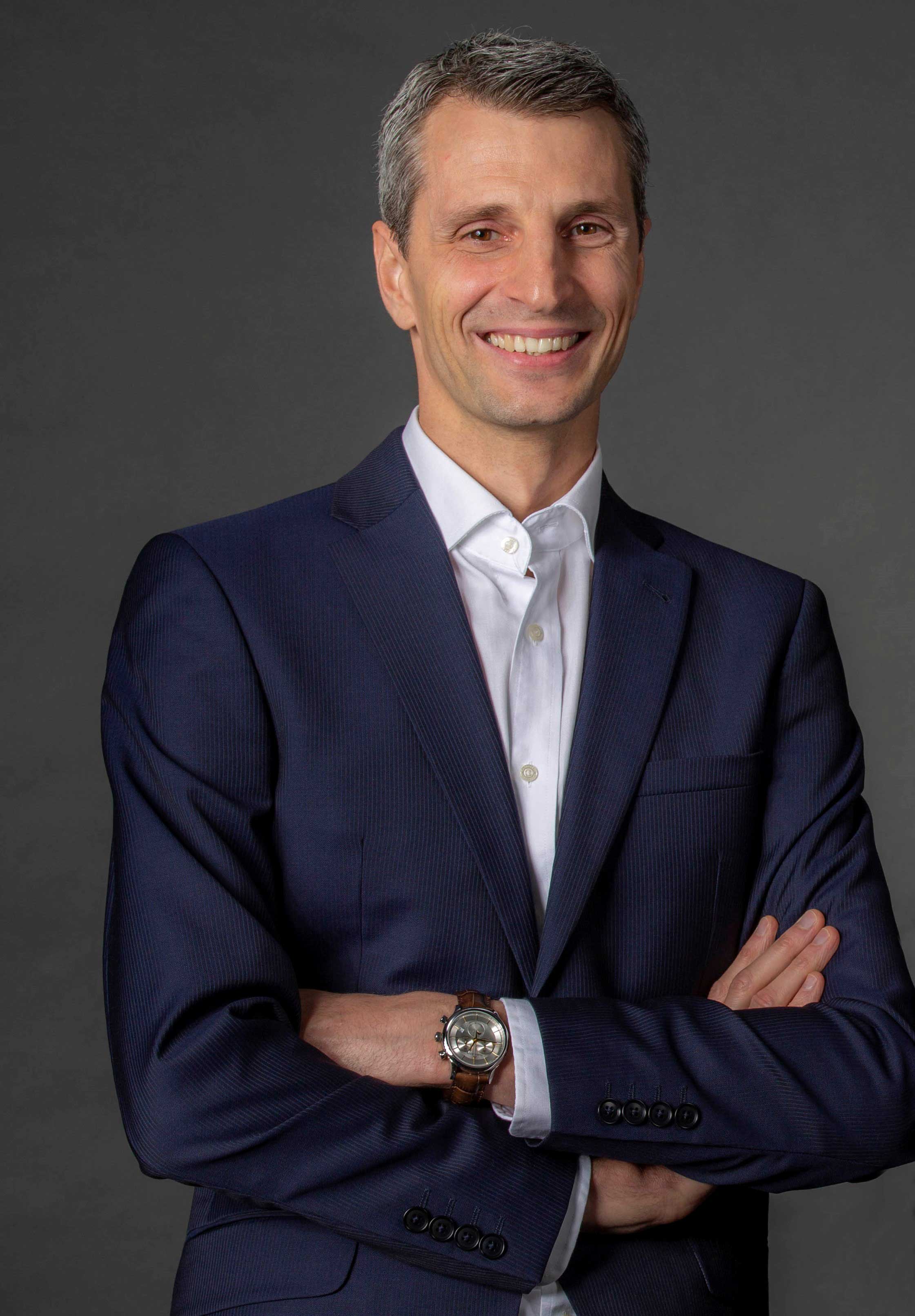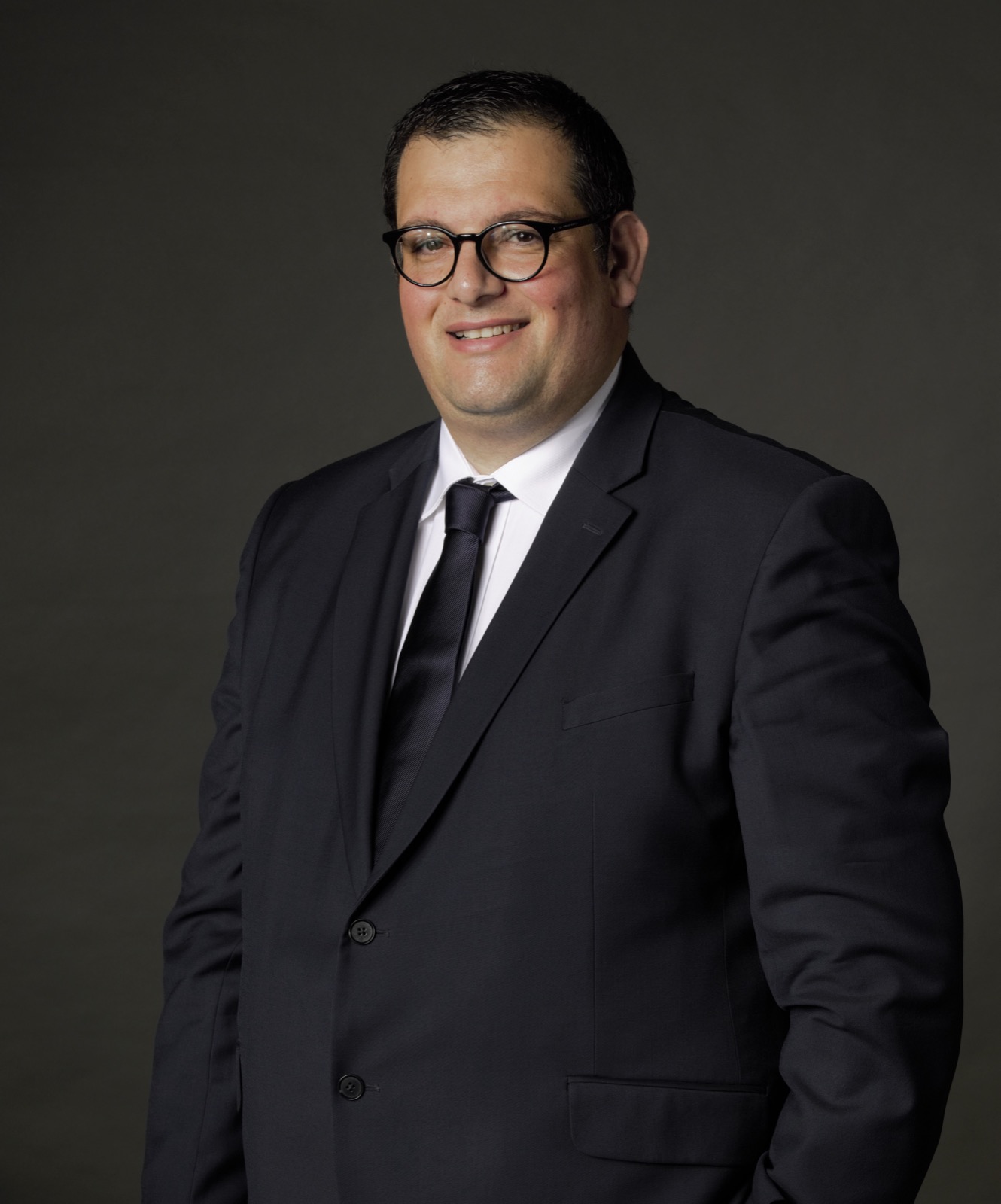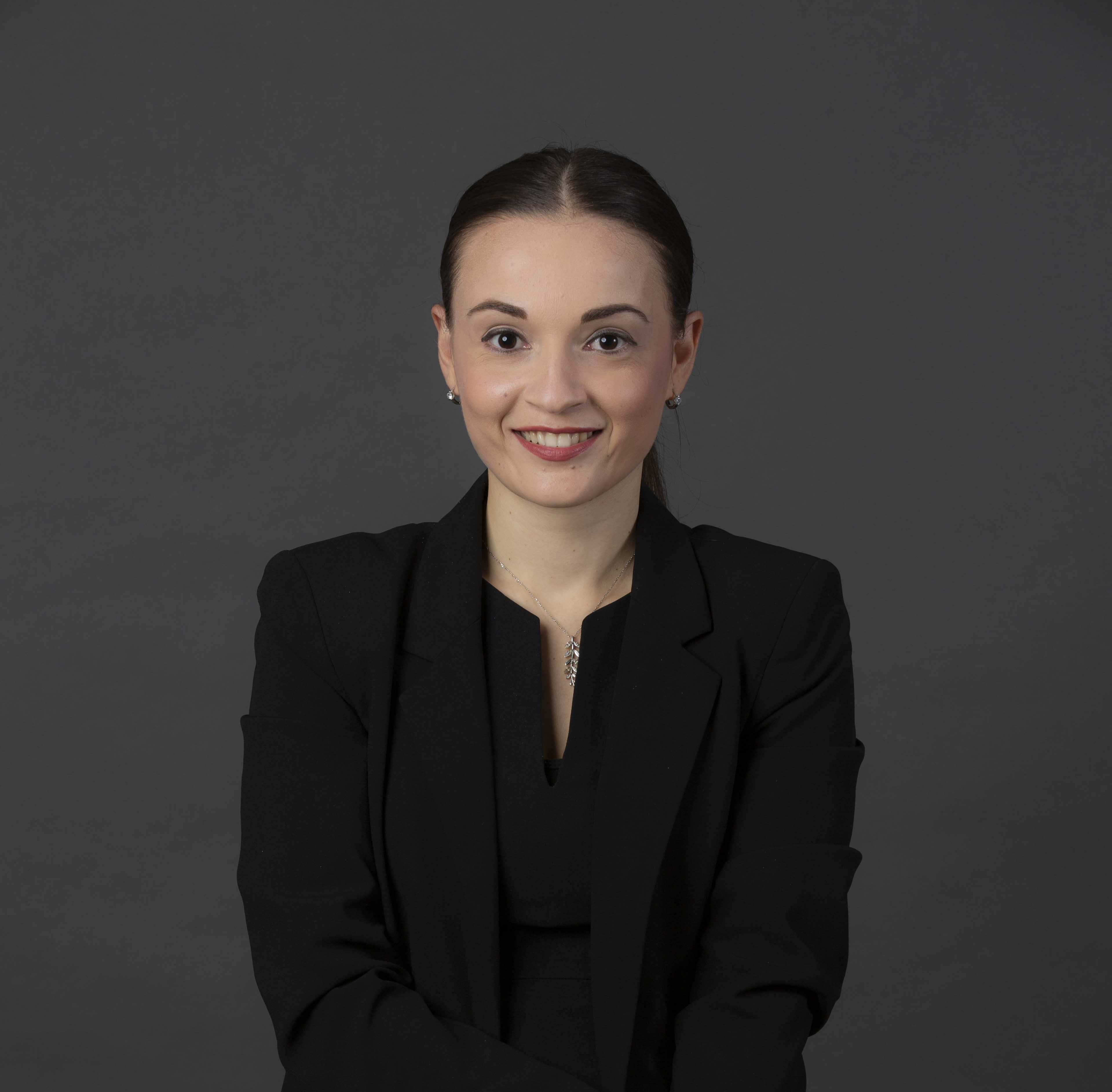The Financial Intelligence Analysis Unit (FIAU) is committed to continue implementing change in its goals, structures and processes, stressing that the Unit’s transformation over the last few years has not been driven solely by external pressures, but has come as a result of self-analysis, its management team said.
FIAU Director, Kenneth Farrugia, Deputy Director, Alfred Zammit and the Head of the Unit’s Enforcement team, Elena Tabone, while outlining the transformation effected at the Unit over the past few years, stress that progress will continue to evolve in the long-haul.
“Change is on a constant basis. It’s not solely tied to Moneyval, European Commission or European Banking Authority recommendations, but there’s a lot of change being driven by the Unit’s internal staff,” Mr Farrugia says.

FIAU Deputy Director, Alfred Zammit
Indeed, while in 2002 the FIAU was established to act as Malta’s intelligence and supervisory unit in the fight against money-laundering and terrorism financing, its functions have since evolved, Mr Zammit explains. “The FIAU was initially set up for two main reasons: to act as Malta’s financial intelligence unit – that is, the section responsible for receiving and analysing suspicious reports, carrying out analysis with the view of identifying if there is need for further investigation; and to conduct AML/CFT supervision and enforcement on credit and financial institutions, the gaming industry, designated non-financial businesses and professionals (DNFBPs) – i.e. subject persons – to ensure they are complying with their obligations.”
Recently, however, two additional responsibilities have been added to the Unit’s portfolio: maintaining Malta’s Centralised Bank Account Register (CBAR) as required by the EU 5th AMLD and supervising the application of the island’s Use of Cash (Restriction) Regulations. “[The register] was a very successful project,– we went from initial concept to a fully-fledged system in under a year – and we’re now able to identify, in a matter of seconds, whether someone has a bank account in Malta or not. With regards to the Use of Cash (Restriction) Regulations - which makes it illegal to pay Euro 10,000 or more in cash for certain high-value and luxury goods - this was initiated by local Government, and similar requirements will be introduced at European level,” Mr Zammit continues.
The drive to combat money laundering and funding of terrorism has precipitated a recruitment drive, and, from just 15 case officers in 2013, the Unit now boasts 106. This was coupled by an increase in budget - from 991,000 euros in 2018, to 8.5 million euros in 2021 - to invest in functions across the board, including in the Unit’s IT infrastructure.
“We’ve invested in different areas,” Mr Farrugia elaborates. “We have not only increased resources, but we’ve also striven to create a culture of authentic leadership, empowering staff to move forward, in terms of career paths.”

FIAU Director, Kenneth Farrugia
The recruitment process has been exhaustive, with meticulous attention to detail brought to bear on choosing each candidate. The management team admit there have been challenges in this regard, but they emphasised the unique qualities expected from candidates, not only in terms of education, but also in terms of integrity and commitment, with Mr Zammit insisting this is not “your average nine-to-five job.”
The Unit has also internally commissioned reviews on IT, security and the FIAU’s financial operations in order to develop an action plan for the future, which extends beyond the recommendations by international bodies. “We have set up a strategy, modelled to, not only deal with current issues, but also create a vision of where we are heading, and where we want to be in 2023 and beyond.”
Elaborating, the Director describes the process of specialisation the Unit has embarked on in which dedicated teams have been assigned to specific sectors/businesses. “This approach has yielded substantial results. From an intelligence perspective, we have set up the prioritisation and first assessment team, whilst we have dedicated teams dealing with strategic analysis and international cooperation. In the AML/CFT supervision and enforcement functions, we have assigned teams dealing with specific sectors, such as banking, remote gaming / VFAs, and DNFBPs respectively. We’ve also restructured our legal department into two sections to enhance specialisation: one team dealing specifically with legal affairs and international relations, and another team focusing solely on guidance and outreach.”
The Unit’s IT processes, and tools have also been strengthened, with the introduction of the CASPAR – the Compliance and Supervision Platform for Assessing Risk - and goAML system, an online portal through which subject persons can report suspicious transactions.

Head of the Unit’s Enforcement team, Elena Tabone
Echoing the positive approach, Ms Tabone underscores the “challenging” but “very rewarding” period the Unit has gone through over the past two years. “We wanted to create an environment where businesses can operate but where the jurisdiction is protected.” To this end, the changes implemented were formed on the basis of a thorough understanding of the risks facing the country and subject persons, operating across various sectors, she explains. As a result, risk evaluation questionnaires, which subject persons have to compile annually, were updated, and the level of resources accorded to specific departments increased. “Now we have a better understanding of the risks, through information acquired from subject persons, from the financial regulator and the Unit’s supervisory, intelligence and enforcement sections,” she says.
To keep all stakeholders informed on the changes, much energy has been expended through the FIAU’s guidance and outreach programme, Ms Tabone continues. “In 2019, we created a dedicated team within our legal affairs section to better focus on communicating with subject persons and with a more sector specific approach, making sure all stakeholders have the necessary information to safeguard their operations and Malta as a whole. Indeed, we explain in detail the typologies and the risks, while also providing an explanation of the controls necessary,” she explains.
Moreover, extensive guidance documentation has been published by the Unit, targeting diverse industries, and training has been provided through webinars to ensure subject persons have the necessary awareness and knowledge to effectively contribute towards the fight against predicate crimes through the combating of money laundering and the funding of terrorism. “We try to instil a practice in which stakeholders understand that, while they need to satisfy their customers’ needs, they also need to safeguard the jurisdiction, and their own practice from money laundering and funding of terrorism risks. These must be given equal importance.”
Looking ahead, Mr Zammit underscores the necessity to keep the momentum going. “Everyone must ensure that our progress is not lost. The country must keep playing its part in fighting crime and strengthening the reputation of the country.”
To this end, he points to one of the Unit’s new responsibilities – the Use of Cash (Restrictions) Regulations – as being integral to protecting Malta’s economy. “The law has come into force, but more work needs to be done in terms of educating the public at large. The areas being restricted, such as precious metals, precious stones, seacraft and vehicles, are high-end and popular tools to assist with money-laundering, yet also bought by the public at large, so the general public, needs to be educated into understanding the purpose behind such Regulations.”
Mr Farrugia concurs and adds, speaking more generally, that Malta is “on the right track.” He also stresses the responsibility other stakeholders have in protecting the island’s reputation and explains the Unit’s drive to develop more public-private partnerships over the next few months.
“The prevention of money laundering and funding of terrorism is not only the remit of FIAU, but all stakeholders need to be responsible - both public and private - with the latter having an important role to play. From an institutional perspective, in those instances where we’ve enhanced collaboration, we saw a drastic change in results. If we adopt the same practical solutions and models with the private sector, the results will continue to be strengthened.”
The general public also has responsibilities in preventing financial crime. “This is everyone’s responsibility, including that of the NGOs and the political parties. There should be consensus that this is something serious. This must not be used for anyone’s political agenda but, rather, everyone should be aligned towards the same goals. This is a real fight, since money laundering impacts everyone,” he concludes.
Main Image:
